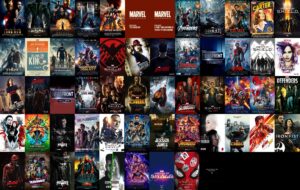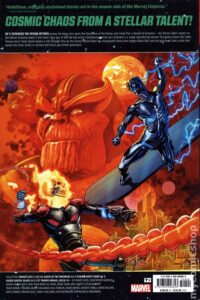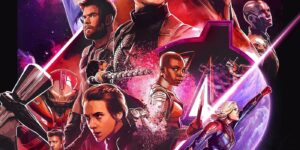The Marvel Cinematic Universe (MCU) has undoubtedly revolutionized the way we experience movies and television shows. With a vast array of characters, storylines, and interconnected plot threads, the franchise has grown exponentially since its inception in 2008. However, with great power comes great responsibility, and the challenge of managing this ever-expanding universe has become increasingly daunting.

- Exploring The Cosmic Side Of The MCU In Recent Movies
- The Role Of Legacy Characters In Marvel’s Latest Movie
- How Marvel Balances Humor And Action In Its Latest Releases
- MCU’s Latest Release – Unraveling The Intricate Web Of Connection
- How The Latest MCU Movie Introduces New Heroes And Villains
In recent years, the MCU has made numerous bold decisions that demonstrate its willingness to take risks and push the boundaries of storytelling. One such approach is the incorporation of Disney+, the streaming platform that has enabled the franchise to expand its universe beyond the realm of feature films. With shows like Loki, Hawkeye, and The Falcon and the Winter Soldier, the MCU has seamlessly integrated television into its narrative, offering fans a more immersive and comprehensive experience.
Moreover, the MCU has cleverly utilized the concept of standalone projects to introduce new characters and storylines without compromising the integrity of the larger universe. Films like Black Panther and Captain Marvel have demonstrated the franchise’s ability to craft compelling, self-contained narratives that also contribute to the overall mythology of the MCU.
Another notable strategy employed by the franchise is its emphasis on character development and diversity. In an effort to promote inclusivity and representation, the MCU has made concerted efforts to introduce characters from diverse backgrounds, such as Latin America (Ms. Marvel), Africa (Black Panther), and Asia (Shang-Chi). This approach not only enriches the universe but also fosters a sense of connection among fans worldwide.
Furthermore, the MCU has demonstrated its willingness to explore unconventional genres and themes, as seen in the existential comedic-book film Thor Ragnarok and the cosmic adventure of Guardians of the Galaxy. By experimenting with different styles and tone, the franchise has managed to maintain a sense of freshness and originality despite its vast scope.
Critics have sometimes argued that the MCU has become overly reliant on interconnected storytelling, resulting in films that feel cluttered or overly reliant on Easter eggs. However, this approach also allows for meaningful connections between characters and storylines, fostering a sense of continuity and depth that enhances the overall viewing experience.
Ultimately, the MCU’s success lies in its ability to balance creative freedom with strategic planning, weaving disparate narratives and characters into a cohesive and engaging universe. As the franchise continues to expand and evolve, fans can expect an ever-changing landscape of new adventures, heroes, and villains, each adding to the rich tapestry that is the Marvel Cinematic Universe.
However, to continually evolve and captivate, Marvel needs to retain that very unique feel of Marvel cinematic Experience for newbies who begin watching, or re-watching from present, even if started in 2024.




